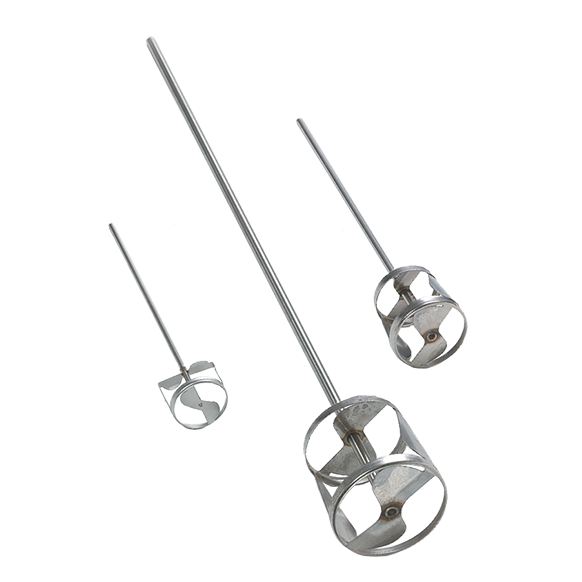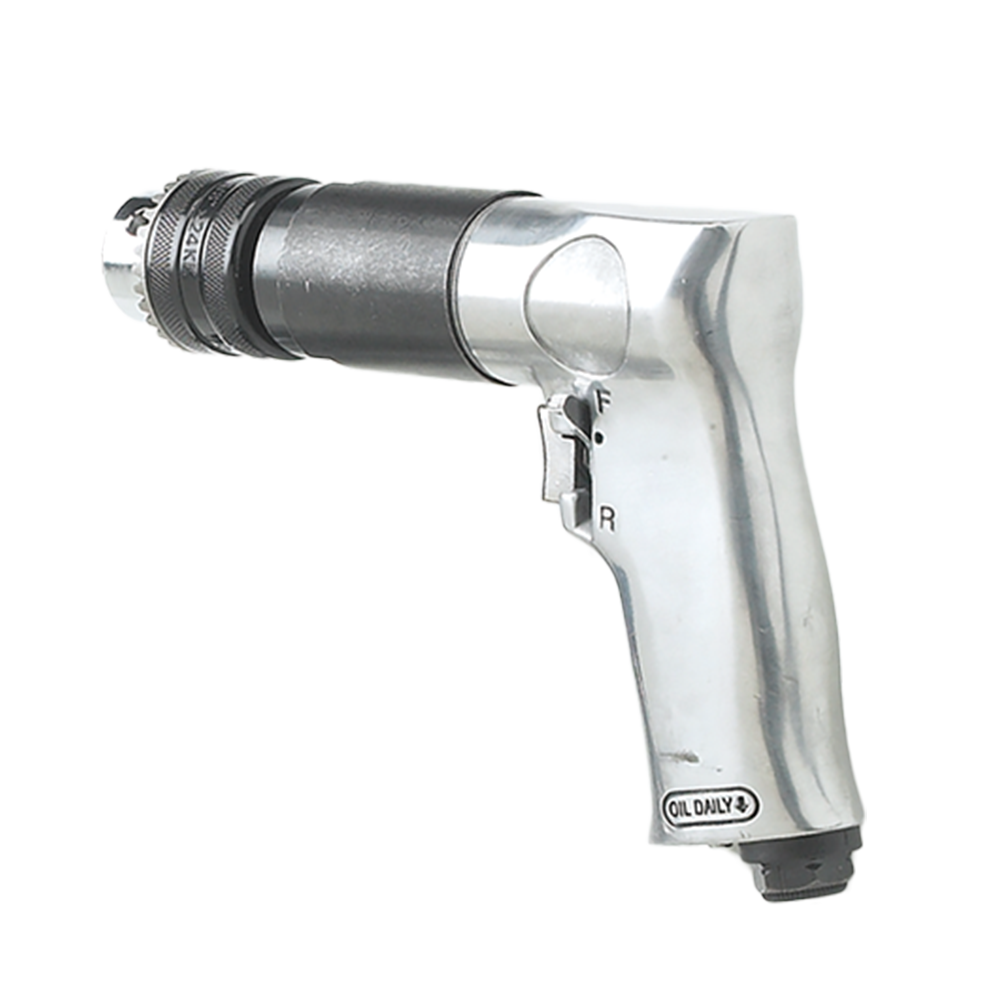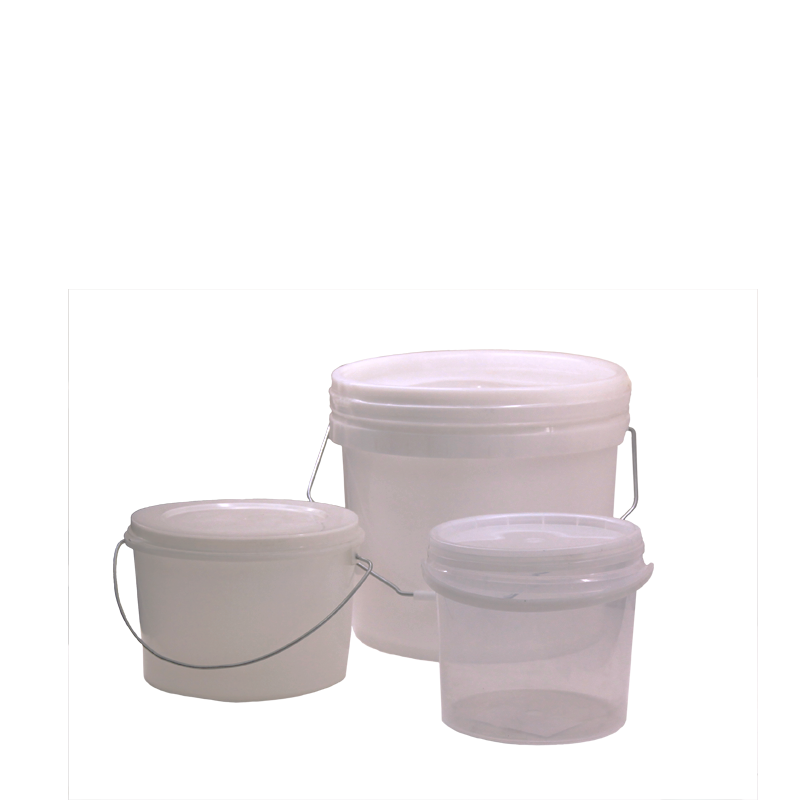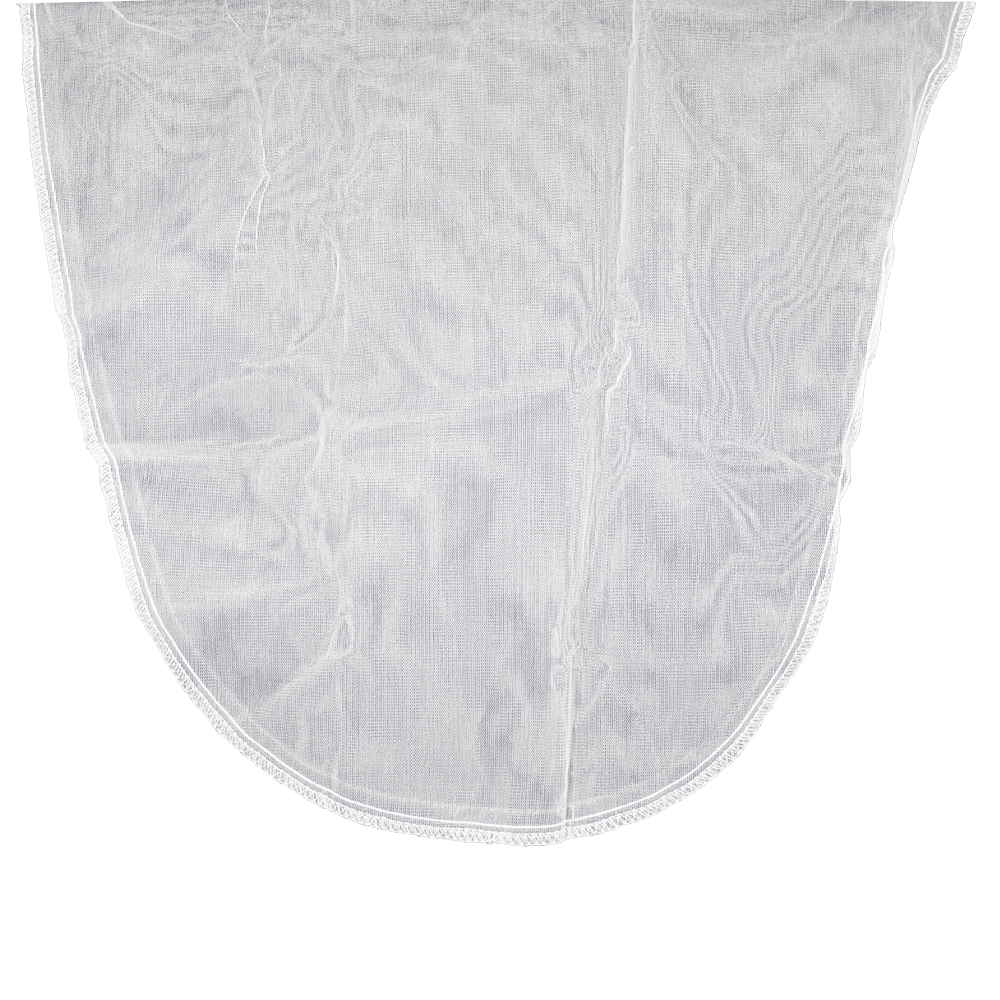Paint Mixing Accessories Buying Guide
Some common industrial paint mixing accessories and consumables to keep your crew productive.
Should you have any questions, reach out to our dedicated customer service team who are happy to help.
 My Account
My Account
Some common industrial paint mixing accessories and consumables to keep your crew productive.
Should you have any questions, reach out to our dedicated customer service team who are happy to help.
| Name | Usage | Options | Quantity | |||
|---|---|---|---|---|---|---|
 |
Jiffy Mixer |
|
|
Each | ||
 |
Reversible Air Drill |
|
|
Each | ||
 |
Painting Bucket Liners |
|
I
|
Each | ||
 |
5 Gallon Strainer #60 |
|
|
Pack of 12 |
 |
 |
 |
 |
|
|---|---|---|---|---|
| Jiffy Mixer | Reversible Air Drill | Painting Bucket Liners | 5 Gallon Strainer #60 | |
| Usage |
|
|
|
|
| Options |
|
|
|
|
| Quantity | Individual | Individual | Individual | Pack of 12 |
The Protective Coatings Industry has long moved on from single pack coatings for most protective coatings tasks. Ever increasing performance and durability requirements mean that more and more is demanded of protective coatings. Coatings that dry purely by evaporation (of water or solvent) no longer provide the performance required. What has resulted is the widespread use of plural component materials. At the most basic level, these coatings consist of a base and a catalyst/hardener. The action of adding the catalyst /hardener to the base initiates the chemical reaction the cures/dries the coating. Increasing complexity increases the opportunity for failure. Consequently, the correct selection and use of mixing equipment is vital to a successful outcome in applying protective coatings.
Issues when mixing paint can arise from both inadequate equipment and poor mixing methods. Inadequate equipment can include poor design of mixer or underpowered air drill. Poor mixing methods can include not adding catalyst to the base in the correct ratio and incorrect use of the mixer.
For the best results when mixing protective coatings, choose a mixer that…
Another consideration when selecting a paint mixer is the fact that paint is considered an explosive zone, which prohibits the use of electric or battery powered tools i.e., must be air driven.
The drill needs to be a high torque/low revs type. The air powered drills commonly available in most tool shops will be high revs/low torque. This type of drill burns out quickly when mixing heavy industrial coatings and lacks sufficient power to agitate them.
We love to talk to customers and help them make the best decisions when purchasing equipment.
You can reach us via our Live Chat, Email, Phone, and Online Form.
Registration is required to create a Quote.
Click Here to Login or Register.